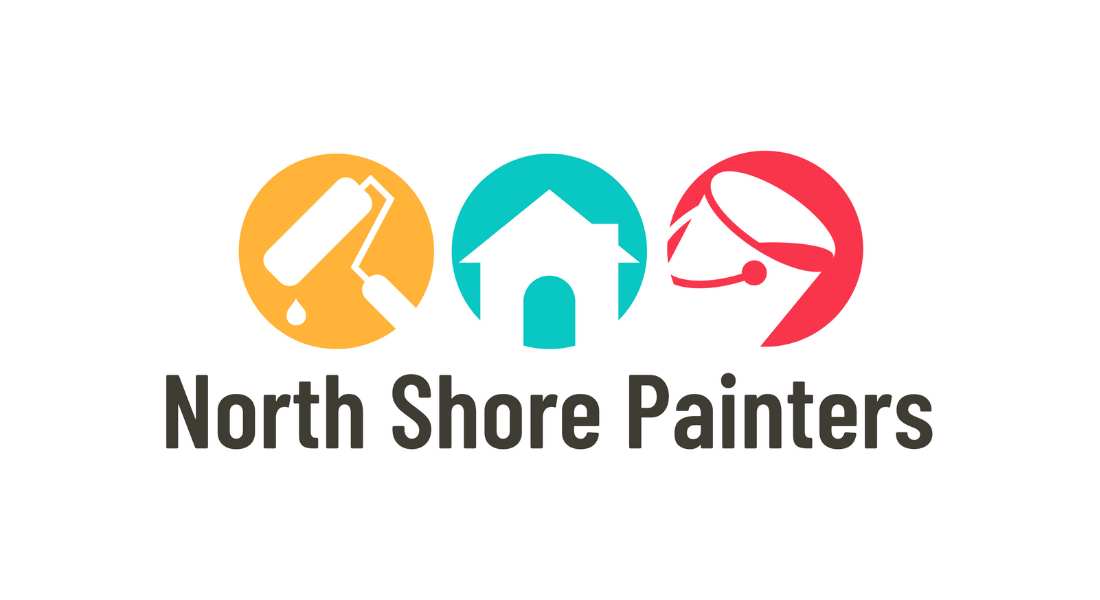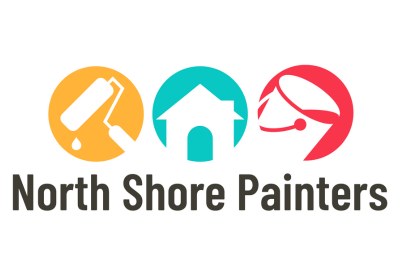When it comes to interior painting, having the right tools and equipment is essential to achieve professional and flawless results no matter the surface you’re painting. Whether you’re a seasoned painter or a DIY enthusiast, investing in high-quality tools can make a significant difference in the outcome of your project. In this comprehensive guide, we will explore the hidden benefits, best tools, and equipment for interior painting that will help you achieve outstanding results and make your painting experience a breeze.
Best Tools and Equipment for Interior Painting
1. Paint Brushes and Rollers
To begin any interior painting project, you’ll need a selection of paint brushes and rollers. These tools allow you to apply paint to various surfaces with precision and efficiency. For smaller areas and intricate details, high-quality paint brushes with fine bristles are recommended. On the other hand, paint rollers are ideal for larger surfaces such as walls and ceilings, providing quick and even coverage. Opt for rollers with different nap lengths to accommodate different textures and surfaces.
2. Paint Trays and Liners
Paint trays and liners are indispensable tools that make the painting process more organised and convenient. A paint tray holds the paint while you work, allowing easy access and preventing spills. Disposable paint tray liners provide a quick and mess-free cleanup, saving you valuable time and effort. Additionally, using liners eliminates the need for cleaning the tray between colour changes, making it easier to switch between shades.
3. Painter’s Tape
A necessary evil if you don’t trust your hand to draw a steady and straight line. Achieving clean and crisp lines between different paint colors or sections is made possible with painter’s tape. This adhesive tape is designed to prevent paint bleeding and ensure sharp edges. When applying painter’s tape, make sure the surface is clean and dry to ensure a secure bond. After painting, remove the tape while the paint is still slightly wet to avoid peeling dried paint off with it.
4. Drop Cloths
Protecting your floors, furniture, and other surfaces from accidental paint splatters and spills is crucial during interior painting projects. Drop cloths create a barrier between the paint and your belongings, minimising the risk of damage. Opt for canvas or plastic drop cloths that are durable and easy to clean. Secure them properly to ensure they stay in place throughout the painting process.
5. Paint Sprayer
For larger projects or when you want to achieve a smooth, flawless finish, a paint sprayer can be a game-changer. Paint sprayers offer quick and efficient coverage, evenly distributing paint across surfaces. They are particularly useful for large walls or ceilings, allowing you to save time compared to using brushes or rollers. However, it’s important to practice using a paint sprayer before tackling a major project to ensure optimal results.
6. Extension Poles
When painting high walls or ceilings, extension poles are invaluable tools that eliminate the need for ladders or scaffolding. These poles can be attached to paint rollers or brushes, extending your reach and allowing you to paint difficult-to-access areas with ease. Look for adjustable extension poles that offer versatility and stability during painting.
Frequently Asked Questions (FAQs)
Q: What are the essential tools needed for interior painting?
A: To successfully tackle an interior painting project, you’ll need a range of essential tools such as paint brushes, rollers, paint trays, painter’s tape, drop cloths, and an extension pole. These tools ensure precise application, protect surfaces, and make your painting process smoother.
Q: Can I use any type of paintbrush for interior painting?
A: While you can technically use any paintbrush for interior painting, it is recommended to use high-quality brushes with fine bristles for better results. Brushes specifically designed for painting interiors provide better control and even coverage, resulting in a professional finish.
Q: How do I choose the right paint roller nap length?
A: The nap length of a paint roller refers to the thickness of the fibres. To choose the right nap length, consider the texture of the surface you’re painting. For smooth surfaces, use a short nap roller (¼ to ⅜ inch). For semi-smooth to medium surfaces, opt for a medium nap roller (⅜ to ¾ inch). Rough surfaces or textured walls require longer nap rollers (¾ to 1¼ inch).
Q: Can I use a paint sprayer for all interior painting projects?
A: While paint sprayers offer excellent coverage for large projects, they may not be suitable for all interior painting tasks. They are particularly useful for walls and ceilings but may not provide the desired precision when painting smaller areas or intricate details. It’s important to assess your project’s specific requirements and consult professionals if necessary.
Q: How can I ensure clean lines when using painter’s tape?
A: To achieve clean lines when using painter’s tape, make sure the tape is firmly pressed against the surface. Use a putty knife or your fingers to ensure proper adhesion. Additionally, remove the tape while the paint is still slightly wet to avoid peeling dried paint off with it. Take your time and be meticulous to achieve professional-looking results.
Q: Are disposable paint tray liners necessary?
A: While disposable paint tray liners are not strictly necessary, they offer convenience and time-saving benefits. Using liners eliminates the need for cleaning the tray between colour changes, allowing you to switch between shades effortlessly. They also make cleanup a breeze, ensuring a more efficient painting process.
Conclusion
Having the best tools and equipment for interior painting is essential to achieve professional and flawless results. The right tools not only make the painting process easier and more efficient but also ensure precision and accuracy.
By investing in high-quality paint brushes, rollers, painter’s tape, drop cloths, and other necessary tools, you can elevate your interior painting projects to the next level. Remember to choose tools that suit your specific project requirements and follow best practices for a successful outcome.


0 Comments